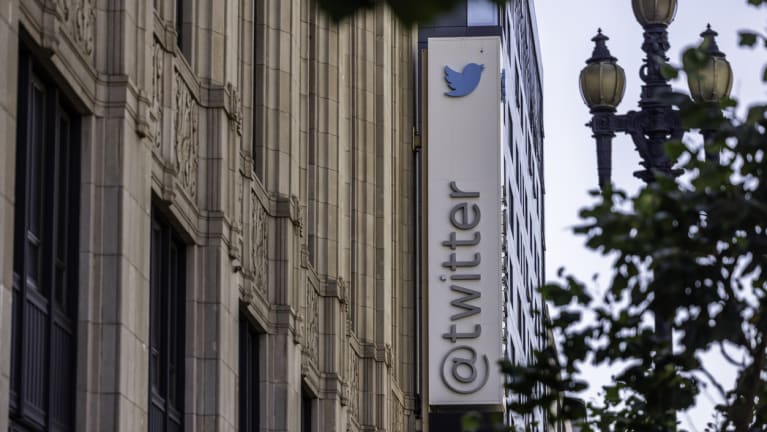
The National Labor Relations Board (NLRB) recently charged the social media platform X, formerly Twitter, with illegally firing an employee who publicly opposed the company’s return-to-work mandate.
X, based in San Francisco, did not respond to a request for comment.
We’ve gathered a group of articles on the news from SHRM Online and other trusted sources.
Call to Not Resign
The NLRB said the dispute began on Nov. 10, 2022, after owner Elon Musk ordered workers back to the office and tweeted, “If you can physically make it to an office and you don’t show up, resignation accepted.”
Employee Yao Yue tweeted to her co-workers, “Don’t resign, let him fire you.” A few days later, she was fired. The NLRB said the company violated the National Labor Relations Act (NLRA), which prohibits punishing employees for communicating and organizing with co-workers about working conditions.
(Reuters)
Retaliation Allegation
According to the NLRB, “Twitter chose her for layoff in retaliation for her attempt to organize her co-workers not to resign, so they would have better legal footing to challenge any separation from Twitter.”
Big Staff Cuts
A hearing about the complaint is scheduled for Jan. 30, 2024, in San Francisco. The NLRB’s general counsel intends to prosecute the charge if X and the former employee don’t settle first, according to Kayla Blado, a spokesperson for the NLRB.
While Musk has said he has cut about 80 percent of X’s staff since taking over the social media company last year, this is the first complaint issued against X by the NLRB.
(CNN)
Wider Definition of Concerted Activity
A recent ruling from the NLRB will make it easier for workers to get legal protection for concerted activity at the workplace. In its ruling, the NLRB confirmed that the question of whether an employee has engaged in protected concerted activity is “a factual one based on the totality of the record evidence.”
Under the NLRA, businesses cannot fire, discipline or retaliate against workers for engaging in protected concerted activity. Concerted activity refers to individual employees trying to encourage group action for mutual aid and protection.
Limits to Free Speech
There is no First Amendment free speech protection for private employees in the workplace. Employers generally can fire workers for posting offensive content on social media. But when disciplining workers for offensive posts, employers need to ensure that they are following state laws and the NLRA, and that discipline is applied consistently, in order to avoid retaliation and discrimination lawsuits.
A May 1 ruling from the NLRB made it harder for employers to legally fire workers for inappropriate comments they made while engaged in protected concerted activity.


